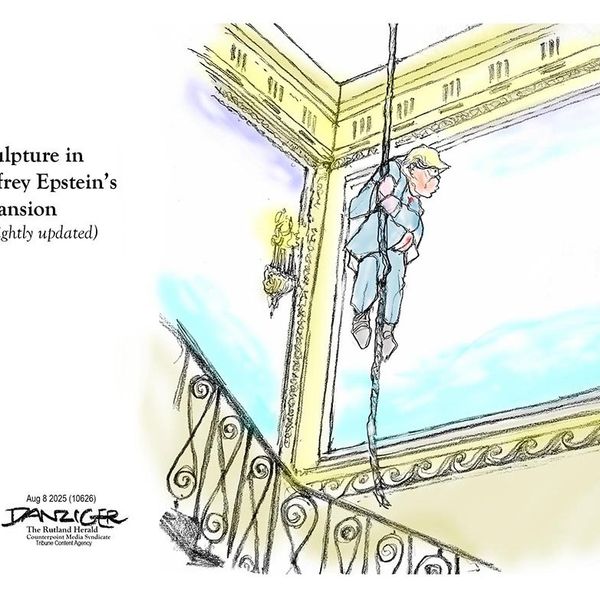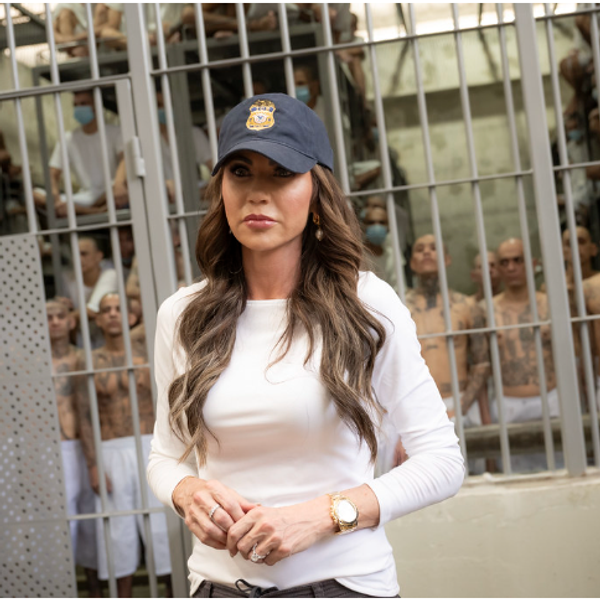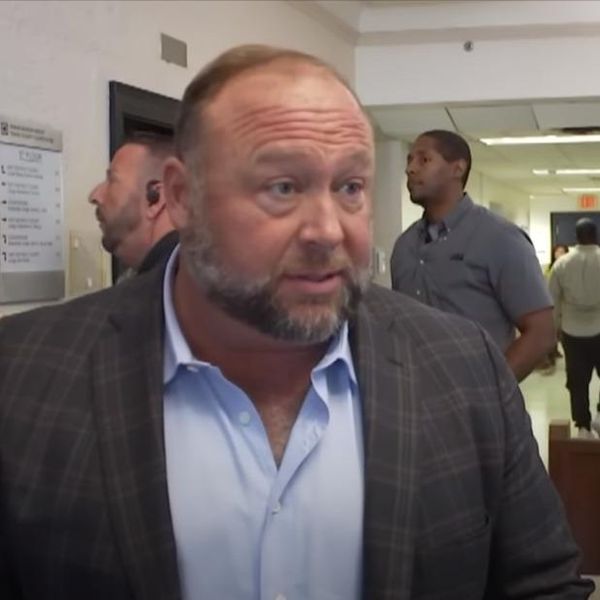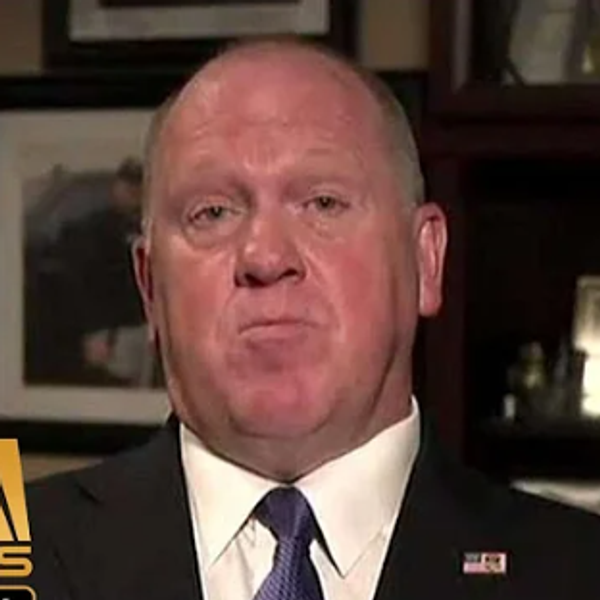Manama (AFP) – With its decades-old U.S. alliance strained over the Syria war and a nuclear deal with Iran, Saudi Arabia is calling on the Gulf monarchies to unite for their own self-defense.
U.S. Pentagon chief Chuck Hagel has assured Gulf states that the agreement struck between major powers and Iran on November 24 will not affect the presence of some 35,000 U.S. troops in the region.
But in a speech at the Manama Dialogue security forum in Bahrain, Saudi Assistant Foreign Minister Nizar Madani said the “Gulf countries should no longer depend on others to ensure their safety.”
The oil-rich monarchies “must unite under one political entity in order to face internal and external challenges,” said the minister.
Riyadh has called for an enhanced union with fellow Gulf Cooperation Council states Bahrain, Kuwait, Oman, Qatar and the United Arab Emirates, which together account for 40 percent of the world’s oil reserves and a quarter of its natural gas.
“All countries have realized that blind dependence on a foreign power is no longer acceptable. GCC countries must decide their own futures,” said Madani.
Saudi Arabia, long wary of Tehran’s regional ambitions, has reacted cautiously to the nuclear deal reached in Geneva, saying it could mark the first step towards a comprehensive solution for Iran’s nuclear program “if there are good intentions.”
The interim deal would curb Iran’s controversial nuclear activities in exchange for some sanctions relief, and is aimed at buying time for negotiating a comprehensive accord.
On Sunday, Saudi Arabia’s former intelligence chief Prince Turki al-Faisal suggested that the GCC states join the negotiations between Iran and the P5+1 — the United States, Britain, France, Russia and China plus Germany.
Western nations have long suspected Iran of covertly pursuing nuclear weapons alongside its uranium enrichment program — charges denied by Tehran — and the United States has not ruled out military action to curb Iran’s nuclear ambitions.
Faisal stressed that the Sunni-dominated monarchies would immediately be affected by any regional military conflict or radiation leak, while accusing Shiite Iran of duplicity in its relations with its Arab neighbours.
“Iran addresses us with broad smiles, while at the same time their man in Lebanon accuses Saudi Arabia,” Faisal said in reference to Hezbollah chief Hassan Nasrallah, who blamed the kingdom for a twin suicide attack on the Iranian embassy in Beirut last month, which killed 25 people.
Iran is a key ally of Syrian President Bashar al-Assad’s regime, and the Lebanese Hezbollah and Iraqi Shiite militias are battling alongside his forces against the Sunni-led rebels, who are supported by Riyadh.
U.S. accused of failing Syria rebels
Saudi Arabia has accused the United States of turning a blind eye to the bloodshed in Syria, which has killed an estimated 126,000 people since March 2011.
“The world sits as a spectator in front of the massacres against the Syrian people,” said Faisal, the influential Saudi royal who served in the past as ambassador in Britain and the United States.
It is “necessary to provide the reasonable Syrian opposition with means to defend themselves,” which the “United States does not do,” he said.
“The Saudis blame the United States for imposing a veto on any delivery of heavy weapons or anti-aircraft batteries to the Syrian opposition, allowing the regime to maintain an upper hand using its airforce,” a Syrian opposition member said.
Saudi Arabia did not hide its anger after U.S. President Barack Obama stepped back from punitive strikes against Syria over a chemical attack in August on a rebel-held district near Damascus.
But for Faisal, the U.S.-Saudi alliance, which dates back to a meeting aboard the U.S.S. Quincy in the Suez Canal in 1945 between the kingdom’s founder King Ibn Saud and former President Franklin Roosevelt, “is not over.”
Both leaders had at the time agreed that Washington would help secure the kingdom in exchange for oil, but circumstances have changed, with the United States expected to become the world’s top oil producer in 2015.
“We had our differences in the past,” Faisal told AFP. “And today we have differences on certain issues, but we agree on others.”








